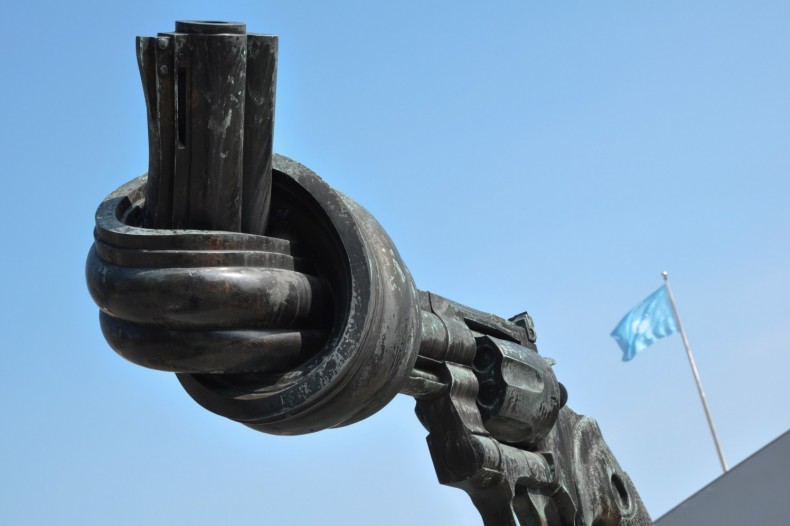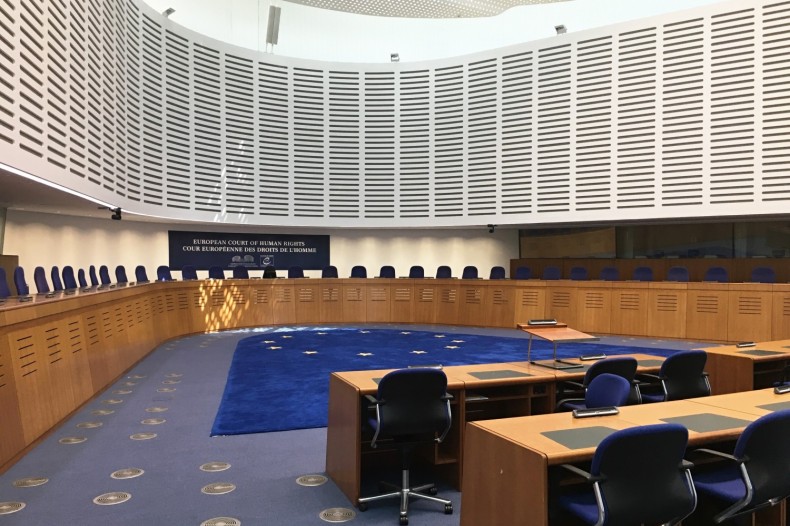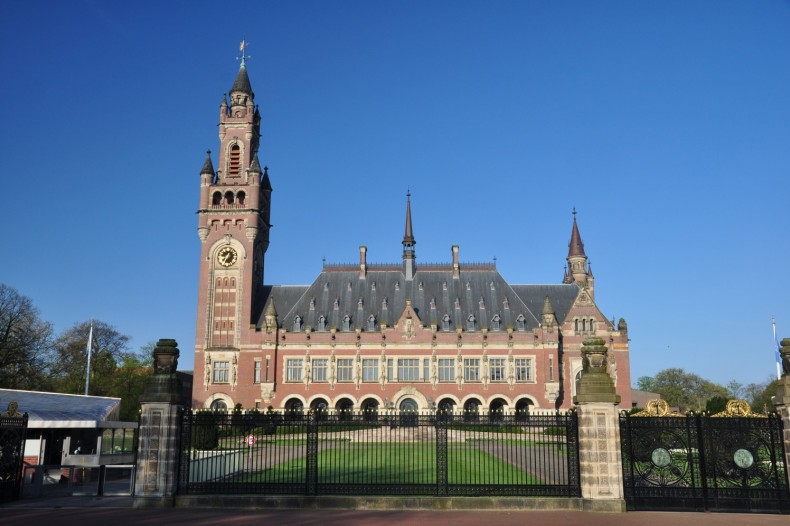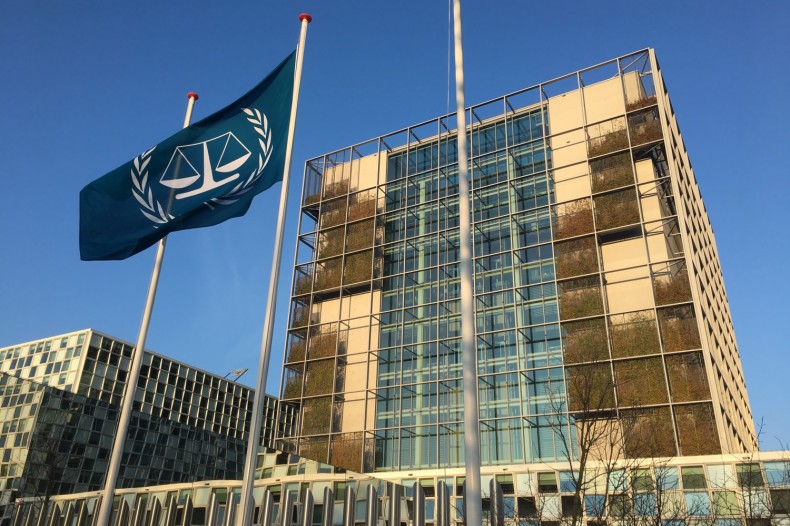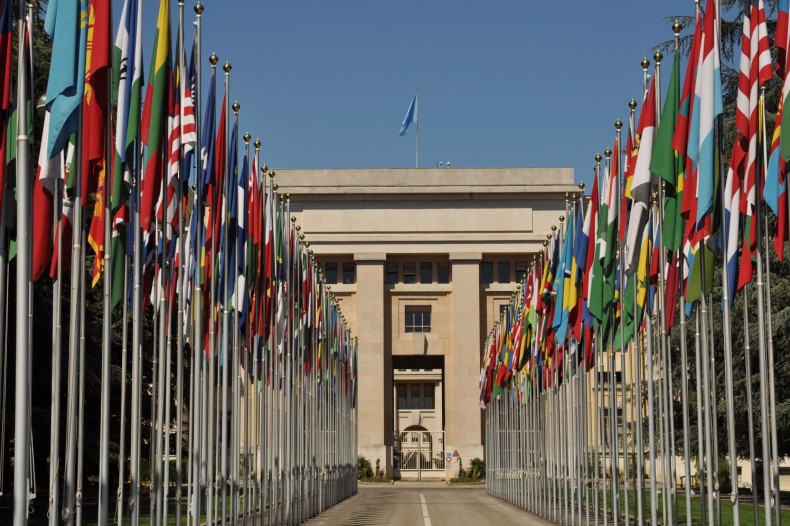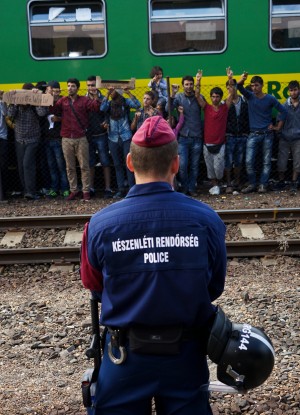Czech Centre for Human Rights and Democracy
The Centre is an independent academic institution monitoring human rights developments both domestically and worldwide, issuing a monthly Bulletin, as well as organizing conferences.
The issue of climate change resonates in all areas of human life, and the legal world is no different. Although climate litigation is not a novelty, it is within the last three years that it has become an issue for the highest European courts to address - i.e., the issue of a human rights approach to environmental litigation. What are the current trends in this area?
At the end of March, President von der Leyen and President Biden announced a new deal on data transfers between the EU and the U.S. The announcement comes less than two years after Privacy Shield, the successor of the Safe Harbor agreement, was struck down by the Court of Justice of the European Union for its insufficient safeguards in regard to data protection.
On 24 February 2022, Vladimir Putin announced his decision ‘to carry out a special military operation in Ukraine to protect people who have been facing humiliation and genocide perpetrated by the Kyiv regime’. How do these bold statements correlate with the situation on the ground and with public international law?
In November, the seventh general assembly of the World Uyghur Congress took place. Representatives of the Uyghur minority elected new leadership and condemned China's actions in Xinjiang. The assembly took place in Prague, yet the organizers faced trouble finding a place to host the event.
As China spreads its influence in the Indo-Pacific region, the largest English-speaking countries are increasingly sticking together. As of 15 September 2021, Australia, the UK and the US have announced a new security deal to counter China - a move that led France to recall its ambassadors in return.
It has been more than four months since the Taliban seized power in Afghanistan. Many have fled the country with a vision of a safer future, only to find themselves hostages of a political stalemate on the borders of the EU. Instead of aid, Poland legalizes pushbacks.
A little over a year has passed since the adoption of the European Union’s New Pact on Migration and Asylum, a document which marked a long-overdue agreement following the stalemate in developing common policy after the refugee ‘crisis’ of 2015-2016. While presented as a breakthrough, human rights advocates continue to see it as a missed opportunity.

